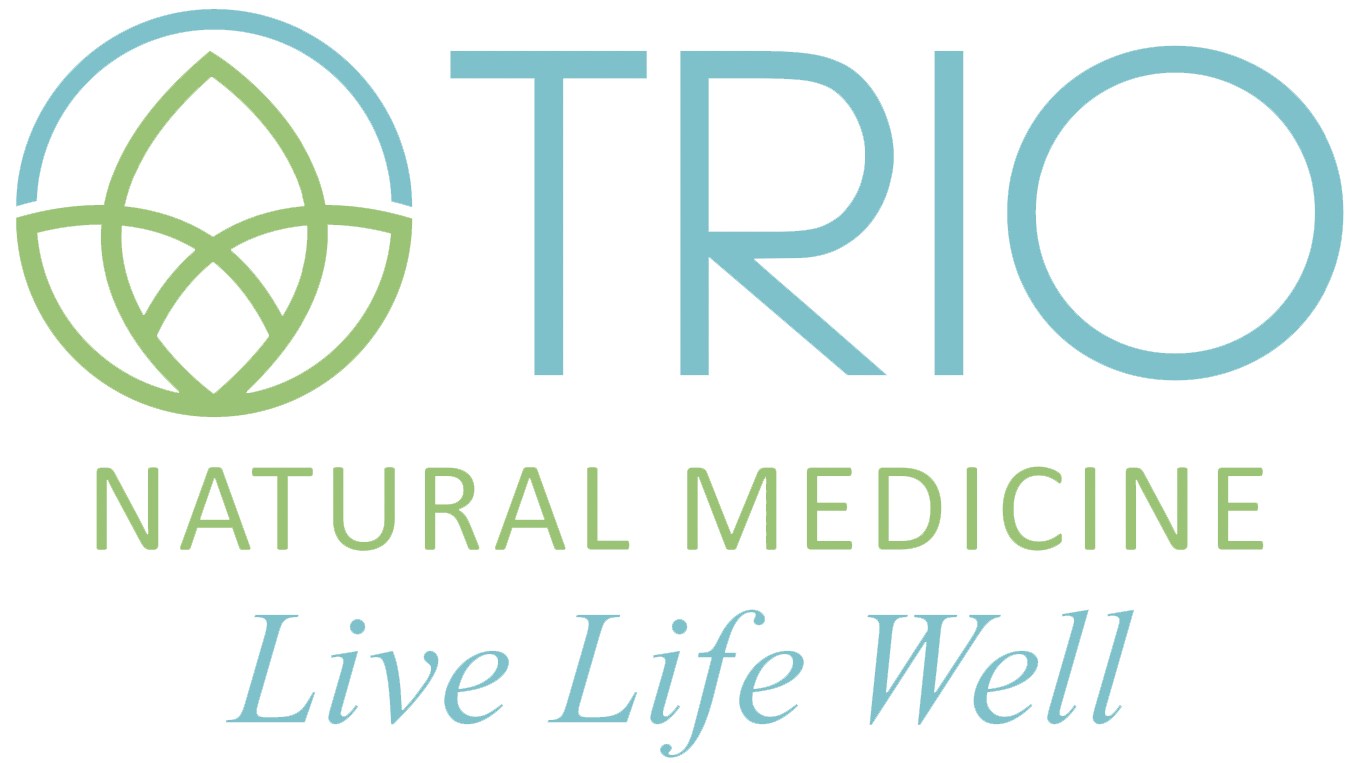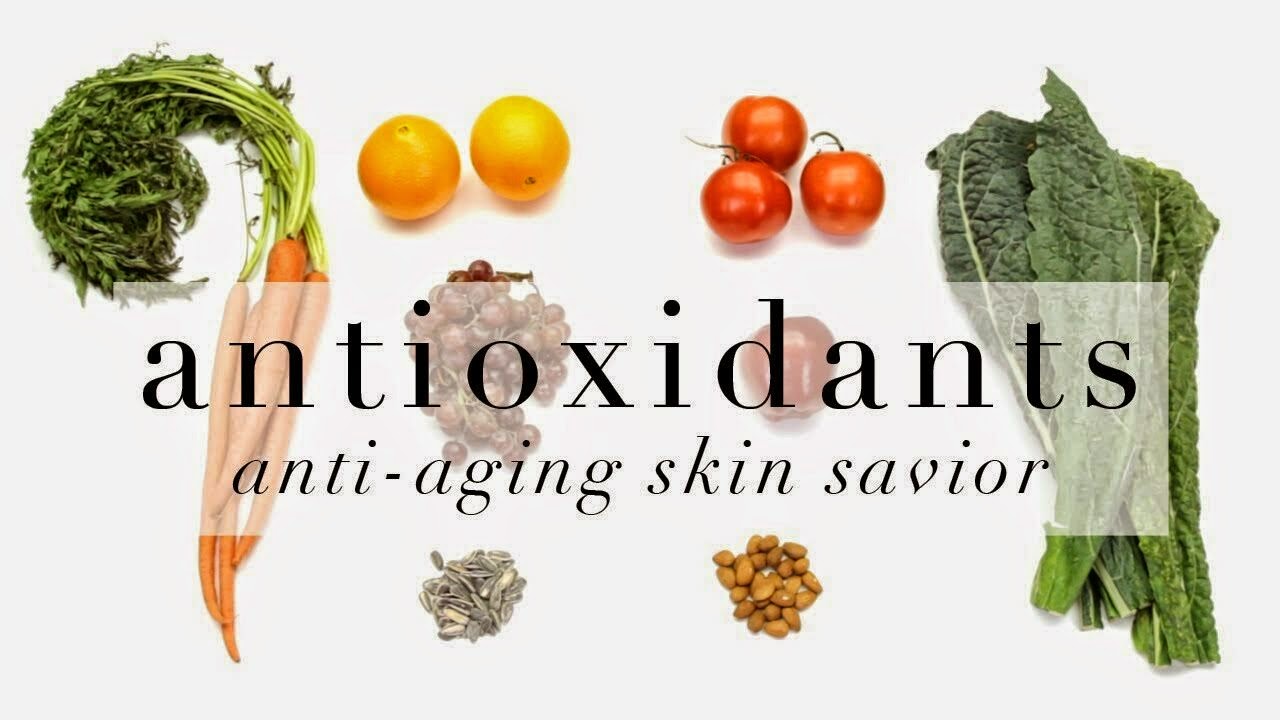Most people have heard the term antioxidants, but what does it really mean and why is it so important? Antioxidants are various powerful substances found in nature that prohibit and often times prevent the oxidation of other molecules in the body, which can lead to damage of our cells and even our DNA. This process of oxidation results in the creation of free radicals in our body, which are harmful to our health and wellness. If these free radicals are left unchallenged, they can cause a wide range of illnesses and chronic diseases, a result of what is called oxidative stress.
According to the article Antioxidants, Mitochondrial Damage, and Human Aging, by Edward R. Rosick, DO, MPH, MS:
Scientific research suggests that minimizing deleterious free radical reactions by ensuring optimal antioxidant levels may hold the key to extending the healthy human life span. Studies have shown that people who live to be 100 years or older often demonstrate higher blood levels of antioxidants than their much younger counterparts. Furthermore, antioxidants may help protect against mitochondrial dysfunction, another harmful condition that commonly accompanies aging and disease states.
- Protect skin from damage
- Preserve the youth and look of our skin
- Boost our immune system
- Protect from heart disease
- Improve vision
- Help with memory problems
- Enhance mood and protect our mental health.
It is true that our bodies produce endogenous antioxidants but they decline with age. Furthermore, there are many foods, including certain fruits and vegetables, that contain antioxidants, but we just do not eat enough of them to combat the onslaught of oxidative stress that our bodies are exposed to on a daily basis. Supplementing with antioxidants is imperative for our health and longevity. Some common antioxidants include Glutathione, Vitamin C, and Vitamin E. Glutathione is one the most important antioxidants and that is why we have chosen to include it in our ANTIOX MAX vitamin injection (for more info about this injection see above). In the article, Free radicals, antioxidants and functional foods: Impact on human health, the authors explain why Glutathione is so essential to preventing and correcting oxidative stress within our cells:
In cells, glutathione is maintained in the reduced form by the enzyme glutathione reductase and in turn reduces other metabolites and enzyme systems as well as reacting directly with oxidants. Due to its high concentration and central role in maintaining the cell’s redox state, glutathione is one of the most important cellular antioxidants.
Skin aging is a complex biological process influenced by combination of endogenous or intrinsic (genetics, cellular metabolism, hormone and metabolic processes) and exogenous or extrinsic (chronic light exposure, pollution, ionizing radiation, chemicals, toxins) factors
As mentioned before, antioxidants can benefit the skin and they have a central role in protecting our skin from damage and disease, as well as preserving its quality. Preventing the creation of free radicals or helping combat them is the key to healthy and youthful skin. Action Steps: Here’s what you can do to increase your Antioxidant levels:
- Eat dark-colored fruits and veggies (strawberries, blueberries, blackberries, raspberries, plums, prunes, red grapes, cherries, cranberries, broccoli, spinach, kale, chard, sweet potatoes, carrots, beets, red bell peppers, eggplant)
- Drink Green Tea
- Dark Chocolate (70% or greater cacao): add raw cacao powder to smoothies.
- Supplement with Glutathione, Vitamin A, Vitamin C, Vitamin E and Alpha Lipoic Acid
Sources:
Lobo V, Patil A, Phatak A, Chandra N. Free radicals, antioxidants and functional foods: Impact on human health. Pharmacognosy Reviews. 2010;4(8):118-126. doi:10.4103/0973-7847.70902.Pai VV, Shukla P, Kikkeri NN. Antioxidants in dermatology. Indian Dermatology Online Journal. 2014;5(2):210-214. doi:10.4103/2229-5178.131127.
Rosick E. Antioxidants, Mitochondrial Damage, and Human Aging. Life Extension Magazine. 2006.

